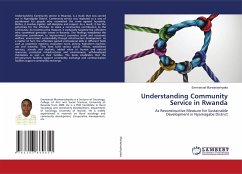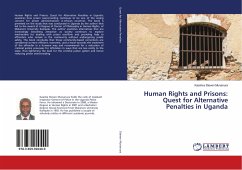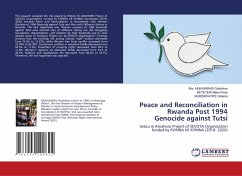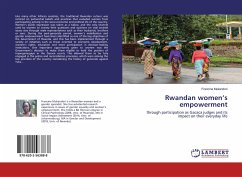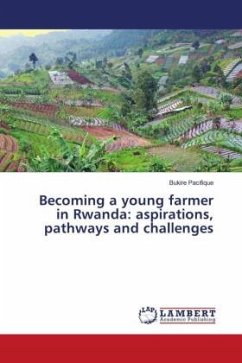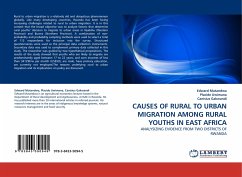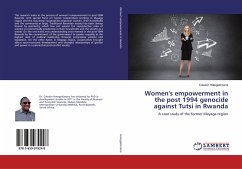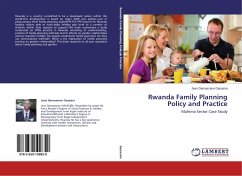Understanding Community service in Rwanda, is a study that was carried out in Nyamagabe District. Community service was regarded as a way of punishment for people who committed the crime against humanity. Rather, it involves tigistes' self-discipline and respect. As a result, it has the potentials for the offender to make a constructive contribution to the community. As reconstructive measure, it exclusively targeted the offenders who committed genocide crimes in Rwanda. The findings established the alternative punishment to imprisonment promotes social and economic welfare, environment sustainability though infrastructure development. As a matter of fact, the offenders gained professional skills in different fields such as carpentry; masonry, excavation work, joinery, hydraform machine use and weaving. They have built various public offices, established terraces, schools and markets, added value to human and natural resources, protected infrastructures and environment, self-developed themselves as well as their families. The book establishes that the infrastructure facilities support commodity exchange and communication facilities support commodity exchange.
Hinweis: Dieser Artikel kann nur an eine deutsche Lieferadresse ausgeliefert werden.
Hinweis: Dieser Artikel kann nur an eine deutsche Lieferadresse ausgeliefert werden.

